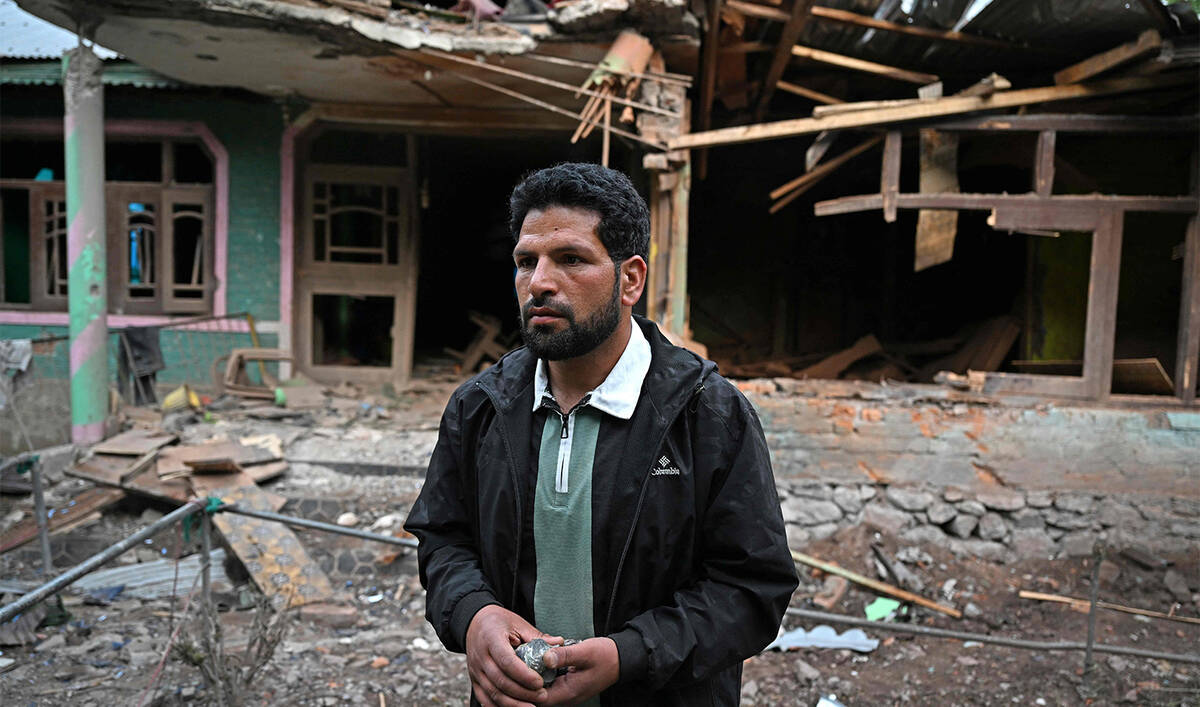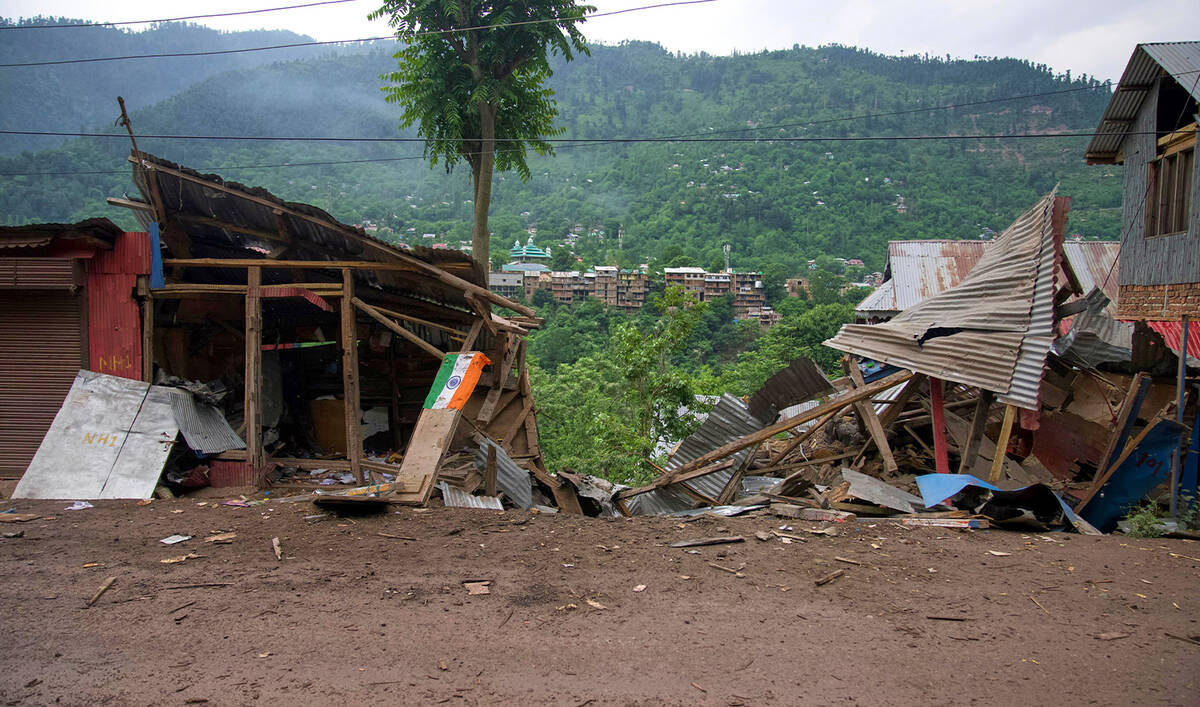BOGOTA: A ten-year-old boy died Wednesday in a drone attack targeting soldiers in Colombia, the first death of its kind in the country which has struggled to rein in guerrilla violence.
The defense ministry’s press office said it was the first drone death in Colombia and blamed the attack on a group of dissident guerrillas who broke away from the FARC armed group when it signed a peace deal with the government years ago.
“Young Dylan, age 10, was killed following the launching of grenades by drones targeting” soldiers in the restive southwest department of Cauca, the regional military commander, General Federico Mejia, said in a video on the social network X.
The grenade fell on a soccer field in the town of El Plateado, a stronghold of the Central General Staff (EMC) rebel group which broke away from FARC.
The explosion also left six wounded, according to the Army.
Colombia’s leftist guerrillas are increasingly relying on drones to drop explosives on rivals.
Unlike the sophisticated payloads mounted on drones by soldiers in Ukraine, for example, the guerrillas mainly use commercially available drones to drop homemade explosives or fireworks.
In June, the army reported having recorded 17 drone attacks in six weeks, without any deaths, a new turn in Colombia’s six decades of internal armed conflict.
Defense Minister Ivan Velasquez expressed solidarity with the boy’s family on X, saying he was killed “during a terrorist attack carried out by the Carlos Patino Front.”
That group, which is involved in drug trafficking, is a hard-line faction of the EMC.
“We are reinforcing the military offensive to protect the population and capture those responsible for the attack,” added Velasquez.
The army said on X it had deployed “more than 800 soldiers” in the Cauca department, with a “clear and forceful” mission: to capture and neutralize the rebel leaders.”
A leader of the Carlos Patino Front denied responsibility when contacted by AFP and blamed the army for the attack.
“The community of El Plateado knows the truth,” said Kevin Arcos, a commander with the group.
The Micay Canyon, where El Plateado is located, is a mountainous region blanketed by bright green coca plantations — the main ingredient of cocaine.
The regional military commander Mejia said rebels were waging an offensive in El Plateado in retaliation for military operations against the guerrillas “who are at the top of these mountains trying to generate control of illicit economies.”

























